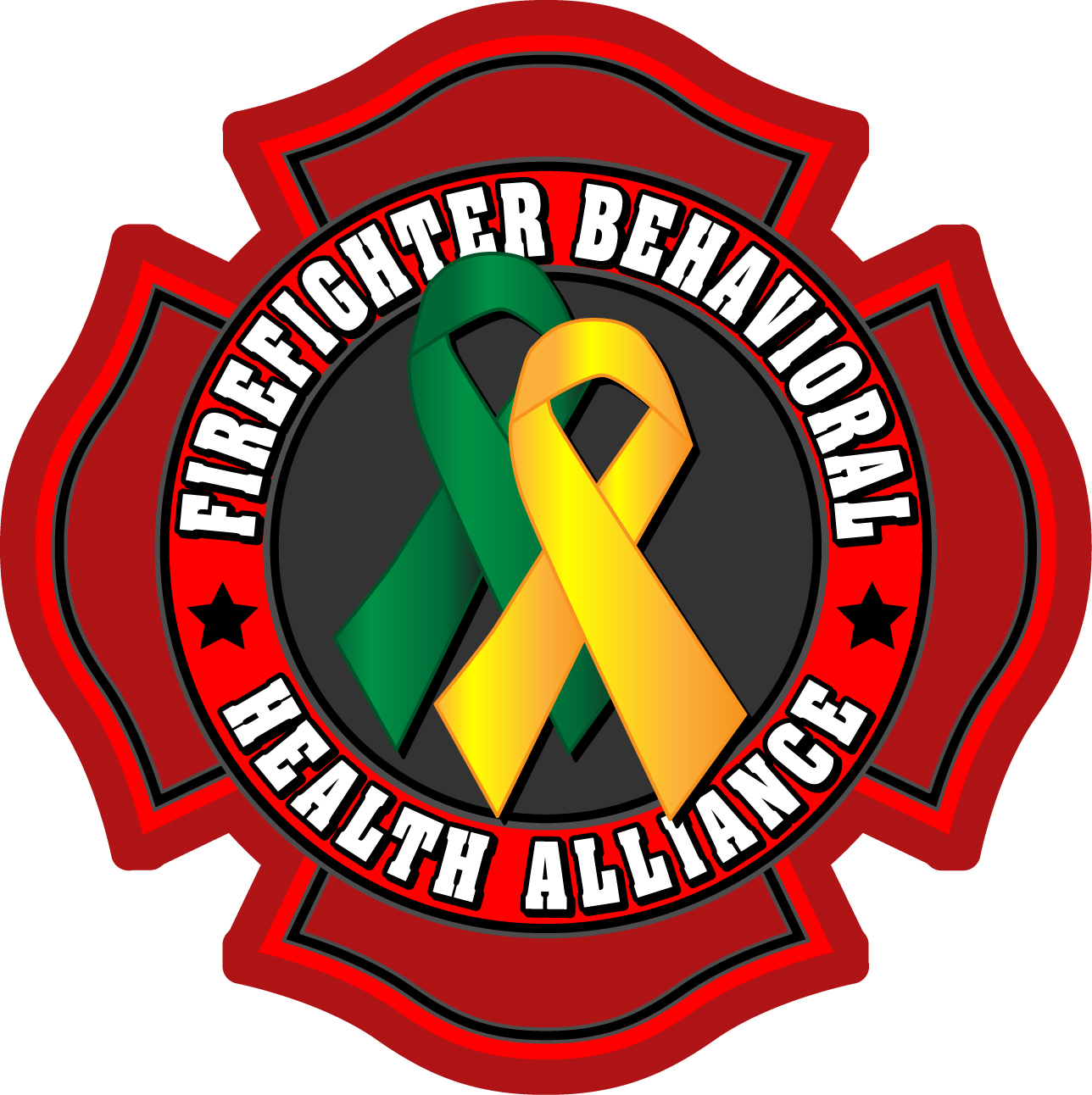|
||||
Posts Tagged Firefighter Behavioral Health Alliance
Fire Service News
Feb 15
Suicide in the fire service
Oct 24
Excerpts from 11alive.com:
More firefighters have died by suicide than in the line of duty over the past year, according to the Firefighter Behavioral Health Alliance. The numbers are staggering. In the past seven days, eight firefighters across the United States have taken their own lives. One was in Fayette County, Georgia.
Many factors affect a firefighter’s ability to understand when a fellow brother or sister is suffering, but that does not make it any less critical an issue.
So far this year, there have been 98 suicides among firefighters and EMT’s. They estimate a 55 percent reporting. Fayette County Fire Department Lt. Ed Sherwood’s death by suicide this week hit the community hard. The department posted honestly about his death, highlighting how difficult it is for people in their line of work who are suffering.
According to Jeff Dill, founder of FBHA, there are five warning signs to look for (R.A.I.L.S.):
Recklessness/Impulsiveness: These might be subtle signs such as purchasing guns when a person has always been against them.
Anger: Suppressed anger or explosive anger from seemingly minor issues can be a dangerous sign.
Isolation: Becoming distant from their career company around the station or volunteer firefighters who don’t participate in drills or calls as much.
Loss of Confidence in skills and abilities: Several firefighters and EMT’s have advised FBHA they lost confidence in their ability to get the job done due to concentrating on emotional or personal issues they were battling.
Sleep Deprivation: Loss of sleep can indicate stress, anxiety, PTSD or several other emotional issues a member might be struggling with and not realize.
If you know someone or if you are thinking about suicide, you can call the National Suicide Prevention Lifeline at 1-800-273-TALK (8255). Emergency personnel can text the word HOME to 741741 from anywhere in the United States, anytime, about any type of crisis. A live, trained crisis counselor receives the text and responds from a secure online platform.






























